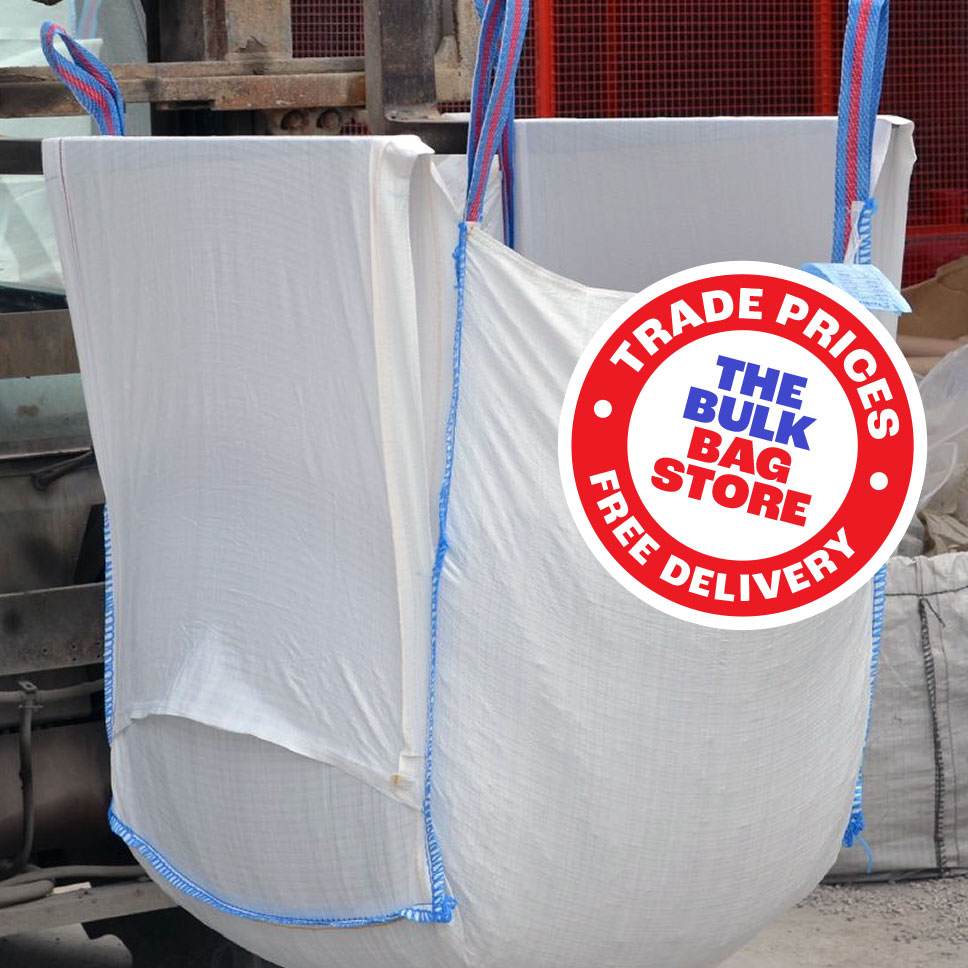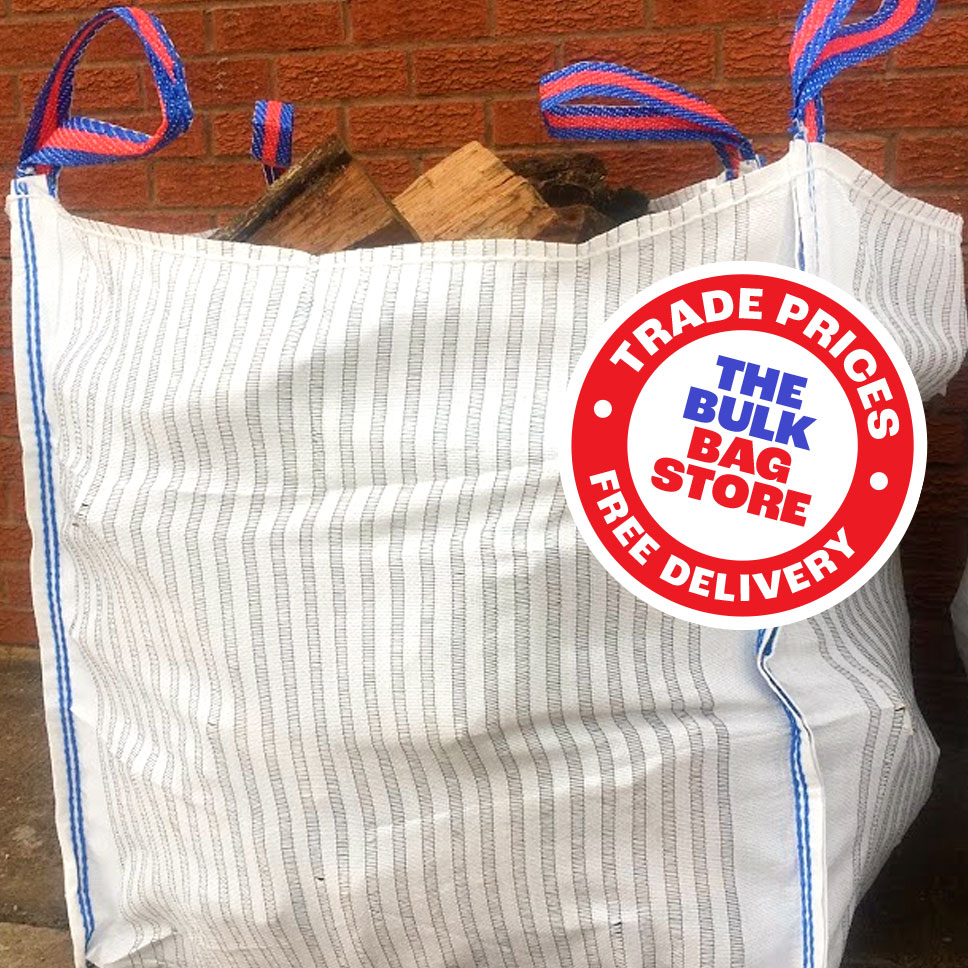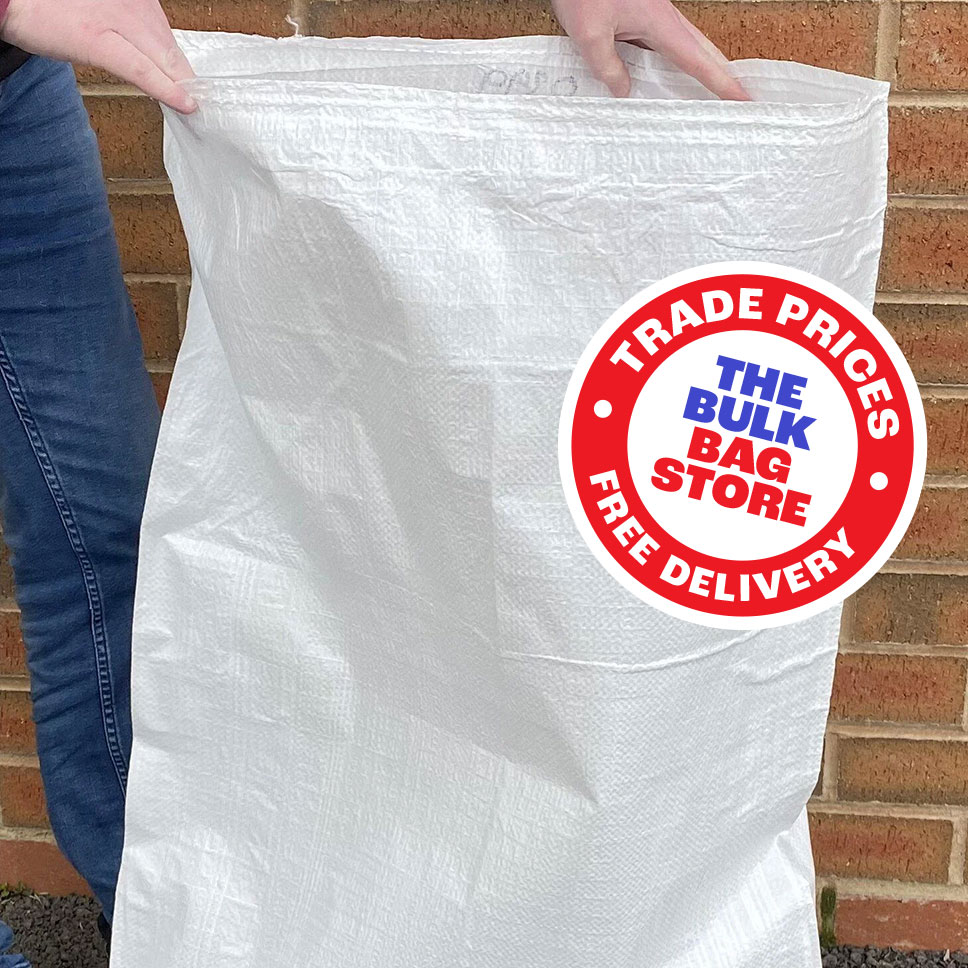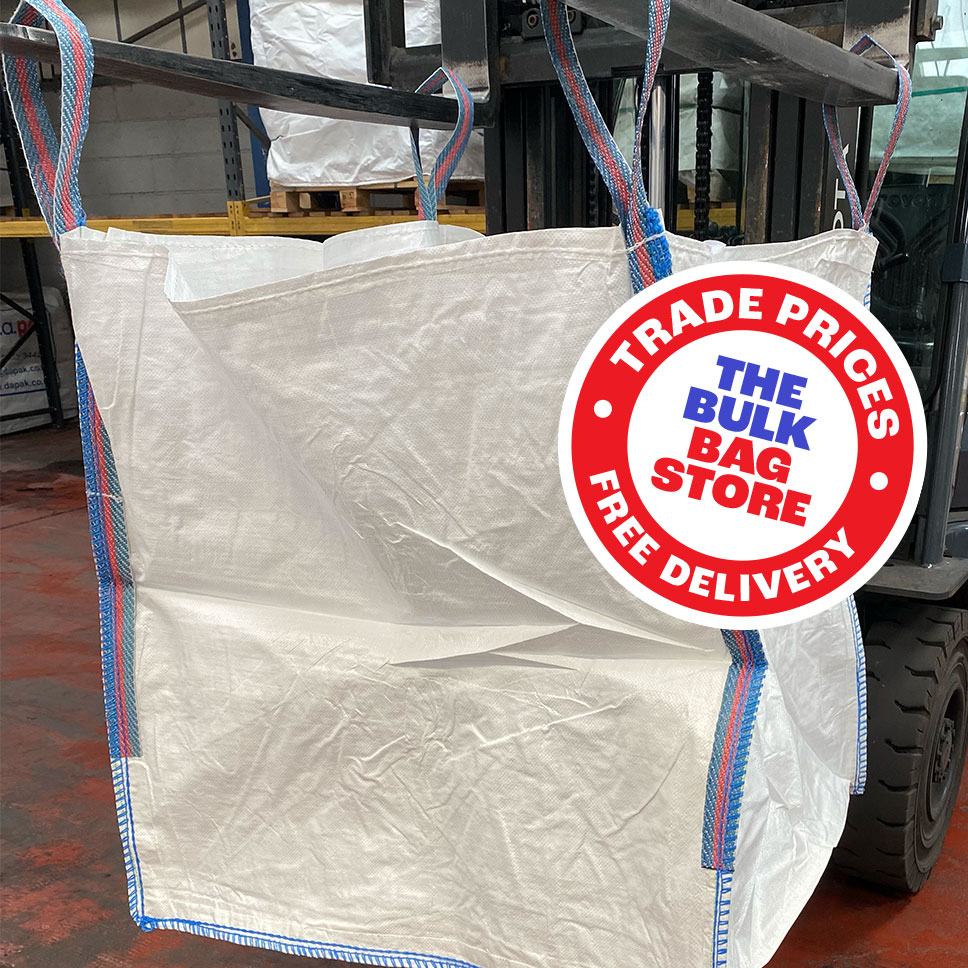How nanotechnology could be used to revolutionise food packaging
One of the most exciting and promising new areas in the industrial packaging industry, nanotechnology is confidently predicted to be responsible for several innovative developments in the near future.
Already several applications are being trialled or are in common usage, and these look set to become more and more prevalent in the coming years, particularly throughout the food and drink sector.
Nanotechnology concerns itself with working with materials and products on a nano – that is, extremely small – scale. It is possible that the technology will see several revolutionary products which will benefit both manufacturers and consumers in the decades to come.
There are several main areas in which nanotechnology is being applied as far as industrial packaging is concerned.
The first of these is the production of lighter yet stronger materials with which to make packaging. Light but durable packaging is the Holy Grail of many a manufacturer – reduce the weight of your packaging and you reduce the cost of shipping, transportation and postage, so everyone from food producers to makers of electrical goods is constantly seeking products which meet and surpass these qualities.
The second application is the provision of packaging with improved antimicrobial properties. An antimicrobial is an agent which kills microorganisms or hinders their growth.
Antimicrobial packaging, which is a form of so-called active packaging, works by releasing compounds (sometimes called active agents) to inhibit, reduce or slow the growth of microorganisms. The use of these agents helps to maintain food quality and has the added benefit of reducing the need for additives and preservatives, which is never popular with consumers.
Use of such packaging will be extremely attractive to the food industry, because it can help extend the shelf-life of food products by lessening the likelihood of the growth of harmful bacteria, such as those which cause food poisoning or make the food ‘go off’.
Products such as meat and fish, which have a relatively short shelf-life, could be safely sold for a longer period – and hence transported further afield – if such packaging were used. Consumers would also benefit because they can keep the food products longer without risk.
Another use of nanotechnology in industrial packaging is the introduction of ‘intelligent’ packaging. This is packaging which contains sensors able to detect a range of factors in order to indicate the quality and safety of the product.
Sensors based on biological and chemical detection are able to detect and measure any presence of volatile substances, such as oxygen and bacteria – for example, listeria.
So far, the intelligent packaging is able to detect the amounts of gasses, microbes and contaminants in food, and this enables the manufacturer and consumer to consistently monitor how fresh and safe their packaged food is.
Being able to not only keep track of their products but also to check their condition through the packaging alone would represent a huge boon to a number of food producers, as well as giving customers added peace of mind about the quality and safety of the food they buy and eat.






